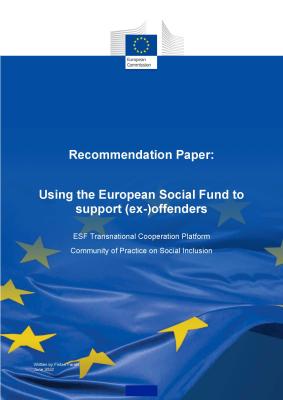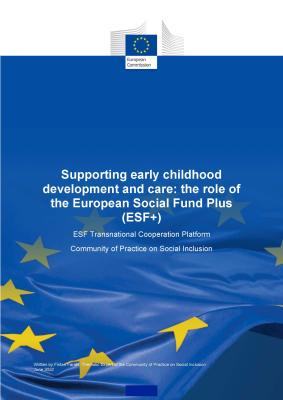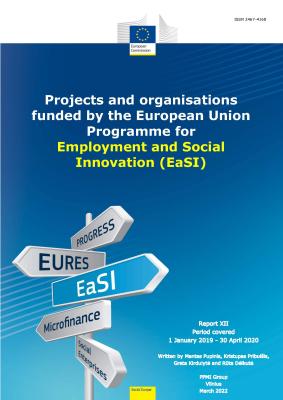This section allows you to
- search publications by subject, keyword, publication date or type
- order the publications you are interested in by contacting us or through EU Publications, the online catalogue of publications of the European institutions
Filter by
Publications (208)
RSS
This document presents information on concepts, tools, and practices which can support stakeholders in using ESF+ resources to support the quality, availability and efficiency of work-based learning and apprenticeships and enhance employer engagement both in schools and the workplace.

This paper presents four case reports on simplification measures implemented by the ESF managing authorities (MAs) in Croatia, Estonia, Latvia and Portugal.

This paper aims to guide those managing or implementing the ESF and ESF+, including, intermediate bodies, relevant ministries, and organisations working to support young people at risk of becoming not in employment, education or training (NEETs).

This recommendation paper, developed by the ESF Transnational Cooperation Platform's Community of Practice on Social Inclusion, highlights the critical need to invest in the rehabilitation and reintegration of offenders and ex-offenders.

>With a specific focus on inclusive early childhood development and care, this paper discusses the use and potential of the European Social Fund Plus (ESF+) to improve social inclusion for children in or at risk of poverty and social exclusion.
This study evaluates the Employment and Social Innovation (EaSI) Programme and the European Social Fund (ESF) in terms of their effectiveness in supporting social innovation in the EU.

The 2022 Employment and Social Developments in Europe (ESDE) review reveals the significant impact of the pandemic on young people's labour market and social situation, showing a slower recovery compared to the general population.

This report presents examples of 22 projects supported by the Programme for Employment and Social Innovation (EaSI). It also highlights the support to 14 major EU-level Non-Governmental Organisations active in the promotion of social inclusion, poverty reduction and access to finance.
This study first aims to understand to what extent and how do EU Member States make use of (ex-ante) distributional impact assessment (DIA) for budgetary measures. It also aims to identify the main reasons limiting the use of DIA in Draft Budgetary Plans (DBPs) and to assess the degree of similarity

This report presents examples of 37 projects supported by the Programme for Employment and Social Innovation (EaSI). It also highlights the support to 23 major EU-level Non-Governmental.
